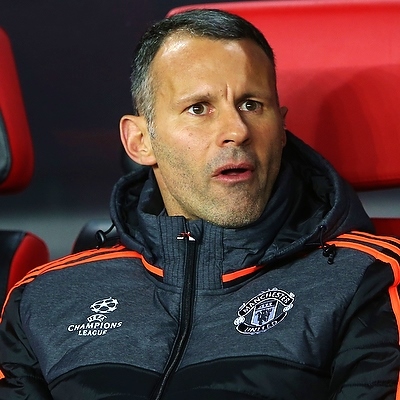
The trial of former footballer Ryan Giggs ended this week without a verdict. The aim of any trial is for a verdict to be reached on all counts, whether guilty or not guilty. Ideally, a jury will be unanimous in its view.
In the Giggs trial, it became apparent that a unanimous verdict looked unlikely, so the jury was given a “majority direction”. That direction asks the jury to continue attempting to reach a unanimous verdict, but if they cannot, a majority verdict would be acceptable.
The jury, in this case, started with the usual 12 in number, but one juror was discharged due to illness. Where a jury comprises 11 persons, the only majority verdict legally acceptable is 10-1.
Once a majority direction is given, the jury is sent out to deliberate further. If the jury still does not deliver a verdict, there comes a time when it is appropriate to ask them whether there is any realistic prospect of them reaching a verdict or whether they are deadlocked.
In the Giggs case, the jury indicated that they could not reach a verdict, and it would be futile deliberating further.
In this situation, known in legal circles as a “hung jury”, the only remedy is to discharge the jury and decide what to do next.
The prosecution will now consider whether to have a retrial in the hope that another jury can deliver a verdict. The prosecution will consider the evidence as it developed during the case and the defence evidence to evaluate once again whether the case is evidentially sufficient and, if so, still in the public interest to proceed with a new trial.
The prosecution, in this case, was represented by Peter Wright QC, one of the most experienced prosecutors in England and Wales. His view will carry particular weight with the Crown Prosecution Service.
If the prosecution decides not to proceed to a further trial, then not guilty verdicts will be recorded. If a new trial goes ahead, it will likely be many months before a trial slot is found.
How can we help?
We ensure we keep up to date with any changes in legislation and case law so that we are always best placed to advise you properly. If you would like to discuss any aspect of your case, please contact us on Alfreton: 01773 832 511, Derby 01332 369 090 and Heanor: 01773 769 891. Additionally, you can fill out our online enquiry form.




